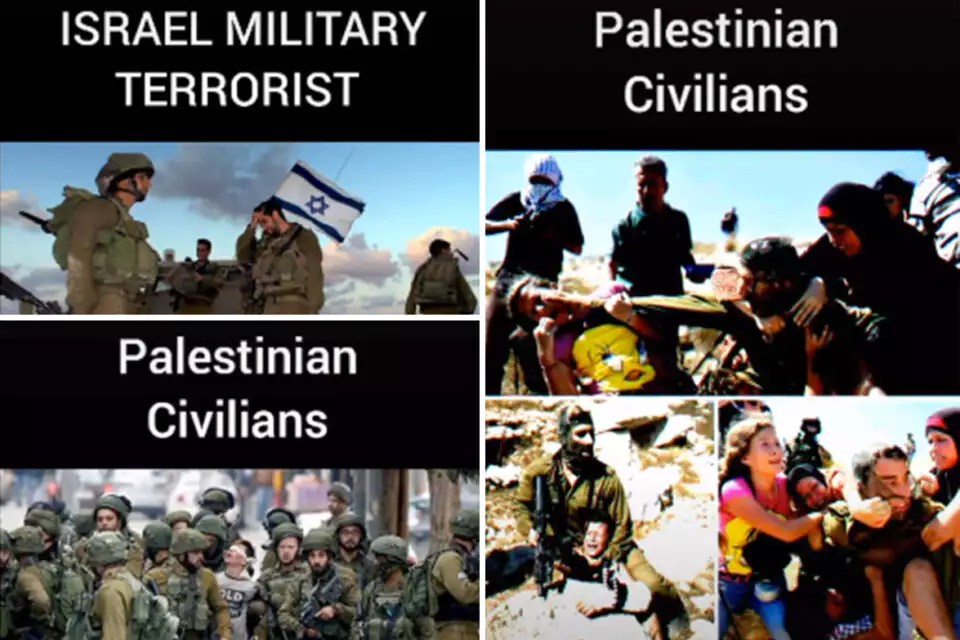From a series of videos that landed on the desk of “Israel Today”, it seems that some people use social networks not for social networking but for incitement. In several videos, we see the Israeli flag being torn. In one of them, a drawing of the Israeli flag on a piece of paper is thrown down the toilet, and another shows a list of “the 7 countries who hate Israel the most”.
Not all the clips are about the flag. A few of them reveal young people erasing Israel from the map. Another video that has, in the meantime, accumulated a large number of viewers pictures IDF [Israeli Army] soldiers as smiling tyrants and the Palestinians as suffering victims.
According to TikTok’s spokespeople, these videos do not constitute hate or incitement. “A video depicting the act of erasing Israel from the map isn’t hate, but a political statement,” they explained. Videos attacking the Israeli Army and the State of Israel or criticizing them are not considered hate content in the social platform’s opinion. Therefore, clips that demonstrate flag burning are not removed but stay online.
“The social networks have confirmed: defaming a nation or a political party is not viewed as hate speech and is therefore not removed from the internet,” said the Organization’s CEO, Tomer Aldubi. “However, videos that show attacks on Israelis or Jews are taken down. This policy is followed by most of the social networks and is full of contradictions.” It is absurd to allow posts that call for the erasure of Israel from the map, and at the same time, believe that those posting the videos accept the existence of the Israeli citizens.
According to Aldubi, the Fighting Online Antisemitism Organization (FOA) calls on the various social networks to extend their hate content policies to include such content. “It is clear that these people wish to erase the State of Israel and eliminate it,” he concludes, “and this needs to be stopped.”
TikTok’s response: “As a global firm, TikTok invests time and resources to guarantee its content policy honors the policies of the states where the platform is available. Like our peers in the industry, we recognize that government representatives may make requests regarding our services. We will operate in compliance with the laws administered by their government and according to our community guidelines.”

